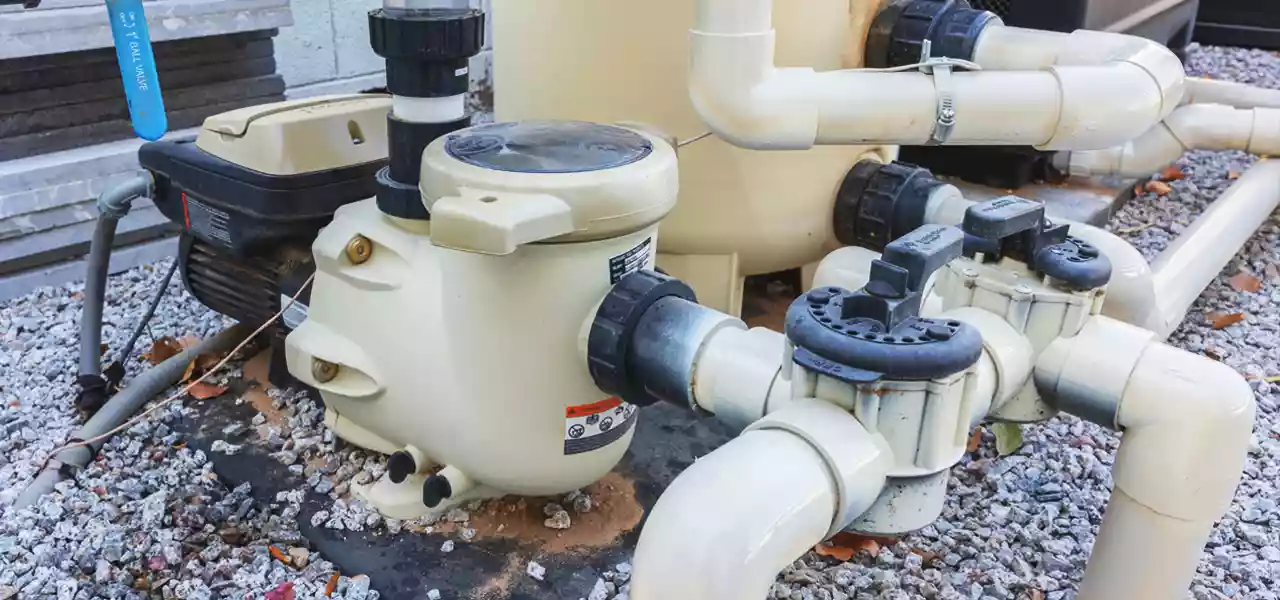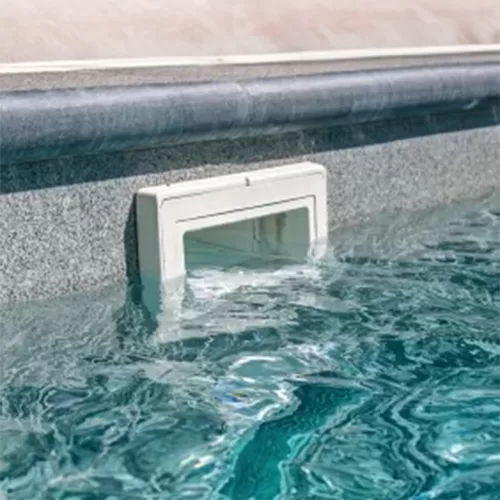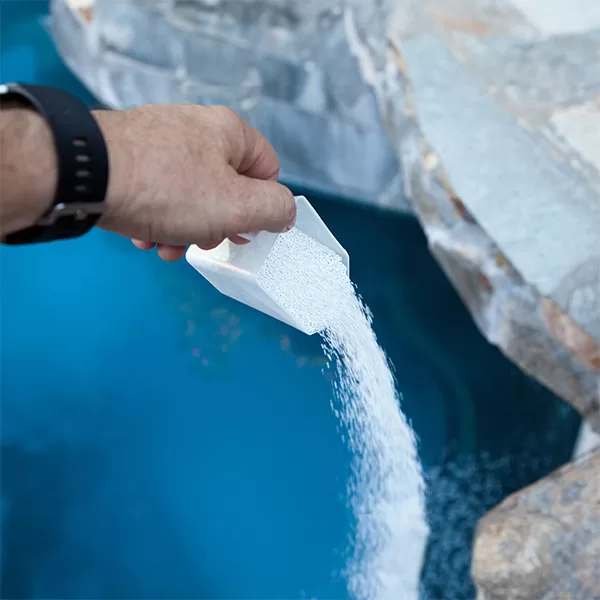FREE Standard Shipping On All Orders $100 or More!*

What is the Best Time to Run Your Pool Pump?
Your pool pump is perhaps the most important piece of pool equipment you own, and is vital to keeping your pool water clean, healthy, and safe. Without an effective, high-quality pump, your pool will quickly turn into a cloudy, dirty disaster. And while you likely know how long your pump should run, you may not know the best time to run your pool pump.
In this post, we discuss why selecting the right time for your pump to run is important to the health and safety of your pool water.
How Long Should You Run Your Pool Pump?
Before we talk about the best time to run your pool pump, it's important to go over how many hours your pump needs to work each day. As the beating heart of your entire pool plumbing system, pool pumps require ample time to fully circulate all the water in your pool. While certain situations may require a longer pump run time — like during a pesky algae treatment — the gold standard for pump run time is eight hours. And thanks to the set-it-and-forget-it functionality of intermatic pool timers, once you determine and set your pump schedule, it will automatically turn on and off on its own!
The Best Time to Run Your Pool Pump
The best time to run your pool pump depends on a few factors, like the current health of your pool water, what chemicals are in your pool, and how much it costs to run your pump. While there is no universal ideal time to run your pump, certain situations benefit greatly from your pump running during a specific time of day.
Below we discuss the advantages of daytime and nighttime pump run times.
Benefits of Running Your Pool Pump During the Day

- Skimmer activation. Running your pool pump activates the skimmers in your pool, which remove floating debris from the water. Since most people take a dip in their pool during the day, having the pump on will ensure the skimmers clear any unwanted debris from the pool.
- Algae prevention. Pool algae is one of the most frustrating pool problems to deal with, and can go from bad to worse in a very short time. Because algae thrives in warm, stagnant water, running your pool pump during the day, especially in the summer, creates an inhospitable environment for the algae. Frequent water circulation, plus the use of algaecides, reduces the chance of algae taking root and developing in your pool.
- Chlorine protection. Unstabilized chlorine particles are highly sensitive to the sun's UV rays, and will break apart and evaporate out of your pool water in a matter of hours when left unprotected. In addition to using stabilized chlorine, running your pool pump after adding chlorine protects the sanitizer by dispersing it into the pool water before the UV rays have a chance to evaporate it.
Benefits of Running Your Pool Pump at Night

- Shock protection. Because pool shock is essentially super-concentrated chlorine, it is also highly sensitive to the sun's UV rays. So, even when using a stabilized pool shock, like Di-Zap, it's best to shock your pool at night. Running your pump at night after adding shock to your pool increases its effectiveness by dispersing it through the water before the sun can evaporate it.
- Energy savings. One of the most common reasons people run their pool pump at night is to avoid peak energy hours. Most cities in the U.S. offer lower energy rates at night, when energy demand is low. Running your pump during "off-peak" hours can significantly reduce your monthly energy bill, especially if you have an energy-efficient variable speed pool pump.
At the end of the day, there is no singular best time to run your pool pump. The best time to run your pump depends on the health of your pool and the chemicals it needs to stay clean, clear, and safe!